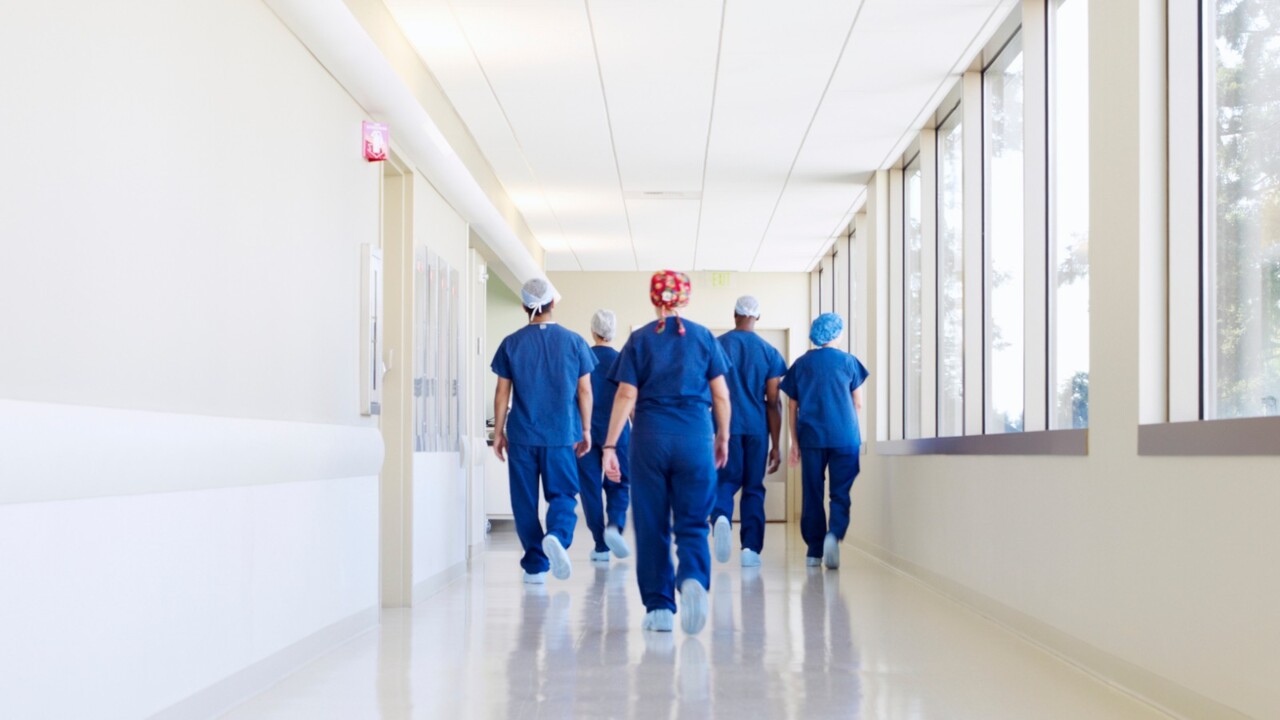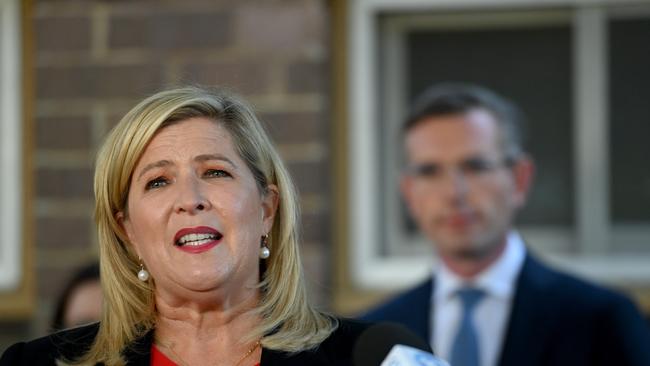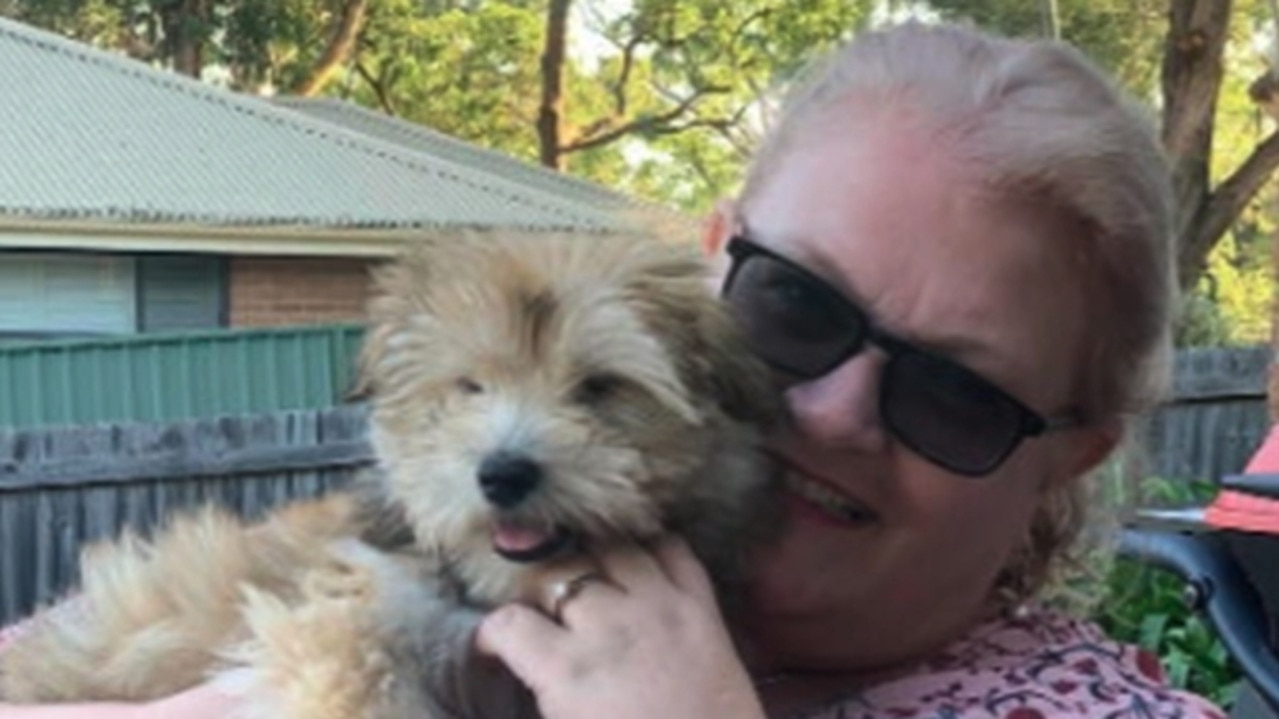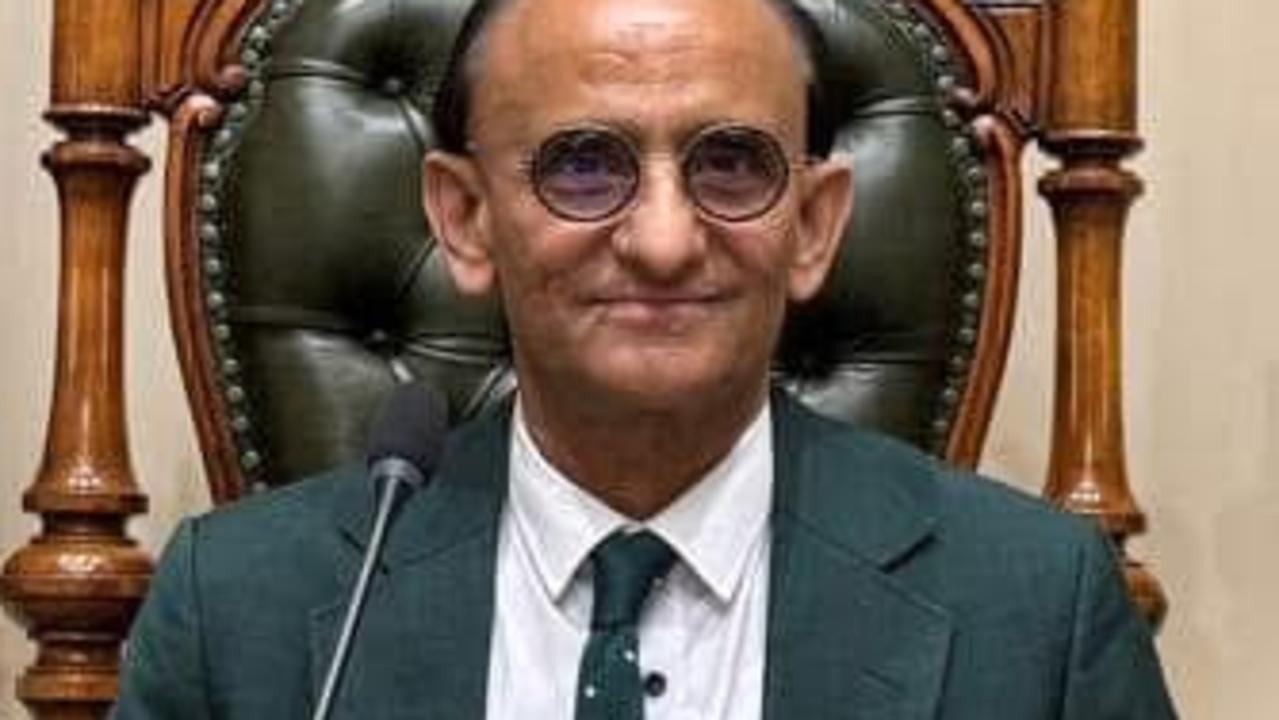Country people win massive increase in health subsidies
Rural and remote patients forced to skip vital medical treatments because they couldn’t afford to travel will be thrown a lifeline in the NSW Budget this week.

National
Don't miss out on the headlines from National. Followed categories will be added to My News.
Nearly 50,000 sick people in rural and regional NSW will see their subsidies for health travel almost double in a major win for News Corp and cancer advocacy group Can Assist.
The petrol subsidy rate will increase from 22 cents to 40 cents per kilometre for patients who have to travel more than 100km for health care.
The subsidy for people requiring accommodation will also be almost doubled, with the rebate for a one-week stay to increase by 75 per cent, from $43 to $75 a night, and the eight-nights-plus rate up by as much as 85 per cent.
The NSW Government will also end the unfair treatment of single patients by allocating rebates on a per room, rather than per person basis.
And, for the first time, the scheme will be expanded with patients seeking access to non-commercial clinical trials, high risk foot clinics, highly specialised publicly funded dental health clinics and ocularists.
NSW will now have the most generous scheme in the country for patients who must travel long distances for specialist treatment, Can Assist said.
The $150 million increase in the subsidies will be announced in Tuesday’s upcoming NSW budget.
Earlier this year News Corp exposed the difficulties faced by sick people living in the bush, who needed to travel to access vital healthcare.
Unable to personally carry the cost of the travel and accommodation, they were refusing healthcare, selling their homes or being forced to rely on charity to boost the grossly inadequate patient travel subsidy schemes.
The existing $41-$60 per night accommodation subsidy for a single person offered by the states did not even cover the cost of kennel which ranges between $49 and $85 a day.
Can Assist, which provides almost $1 million in charity for patient travel costs, fought hard for an increase in the subsidies and described the NSW changes as a “massive win”.
“We are thrilled that Minister Taylor has recognised the problems and is doing something about it,” Can Assist executive director Emma Phillips said.
“There’s a collective sigh of relief she has listened to all the stakeholders that have been collaborating to effect change.”
A 12-month cancer treatment cycle would typically see rural cancer patients travelling between 5000km and 10,000km a year – a burden metro residents just don’t need to consider, she said.

Minister for Women and Regional Health Bronnie Taylor, a former nurse in a country hospital, fought hard for the new funding and said she was “proud and humble” to be able to help deliver it.
“I used to work in Cooma Hospital and wanted to be a health minister one day to make real changes for country people because it matter to me,” she said.
“It wasn’t it wasn’t easy to get across the line and I think it really equalises healthcare.”
Deputy Premier and Minister for Regional NSW Paul Toole said this funding would ensure people living in the bush wouldn’t have to make the decision between getting the healthcare they needed and other life necessities.
“Last year more than 26,000 people received assistance through this crucial program, and we expect that number to almost double thanks to these changes,” Mr Toole said.
Treasurer Matt Kean said the boost would put NSW well ahead of other states in relation to how comprehensive and generous its patient travel subsidy scheme was.
“This funding will see our overall investment in IPTAAS tripled over the next four years,” he said.



